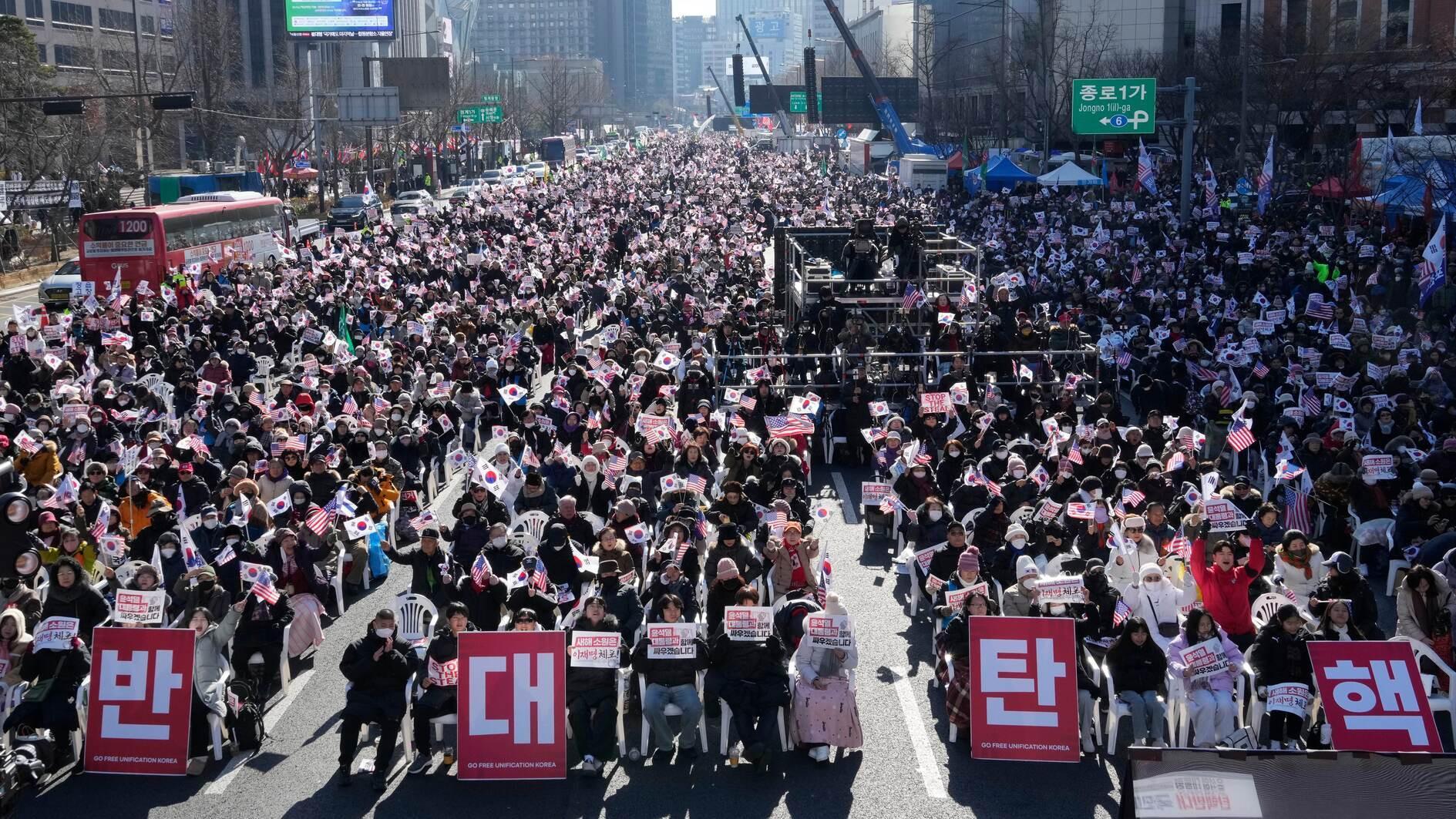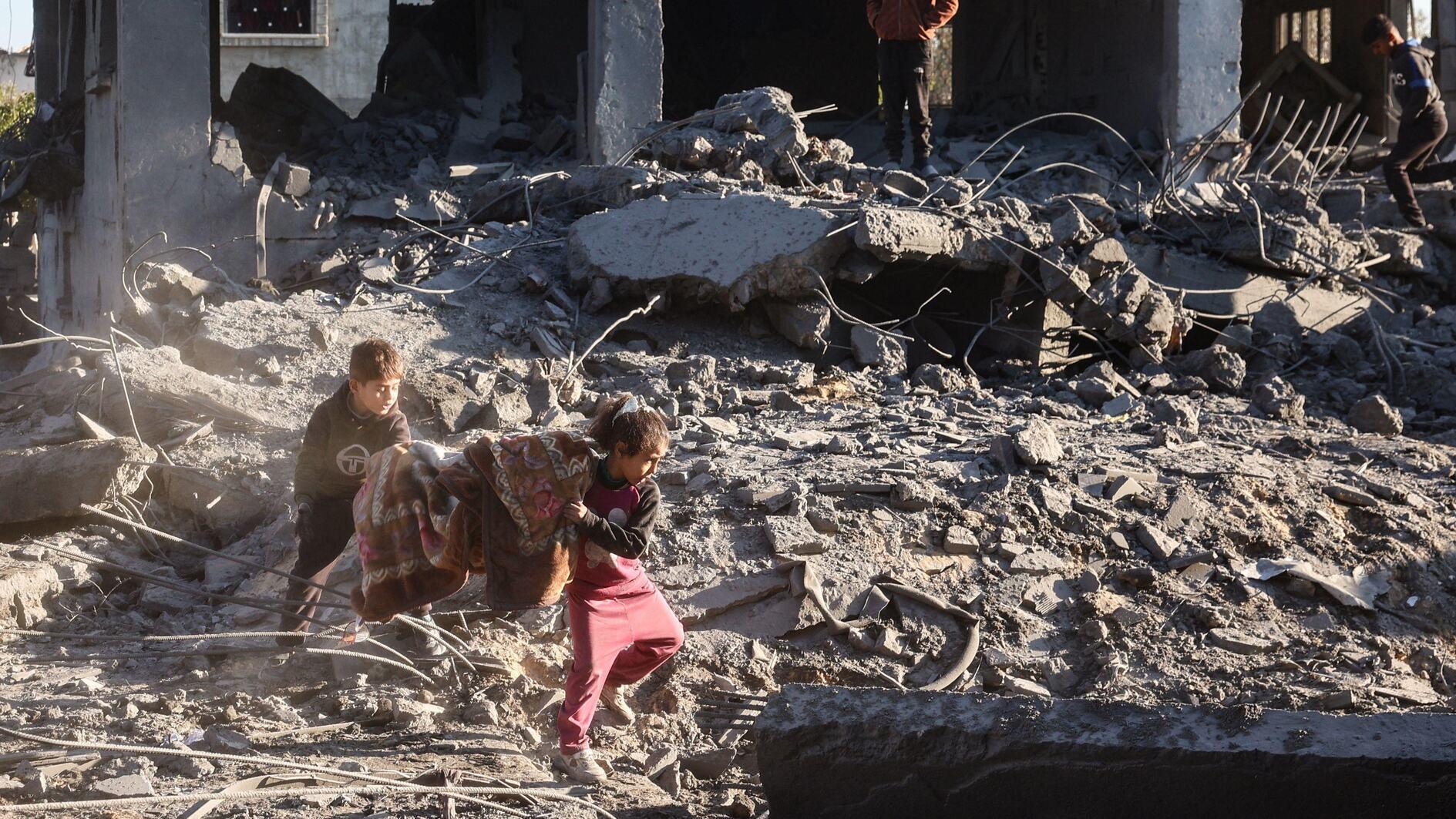Will the Syria row lead to a Turco-Russian crisis?
According to Turkish Foreign Ministry sources, a second plane incident started with information on Oct. 10 that a Syrian Airlines plane was going to take of from Moscow to Damascus with cargo containing material that could be used by the military. There were unconfirmed reports saying that some of the cargo had been loaded onto the plane from Tula and that the plane had then taken off from Moscow with its passengers.
The Turkish Foreign Ministry first issued an urgent warning reminding all Turkish airmen that Syrian air space should be avoided; the Transportation Ministry said later on that for the last four days Turkish civilian planes had been avoiding that anyway. The Foreign Ministry denies any relation between those two developments.
As the Syrian plane entered Turkish flight information zone (FIR) – not Turkish airspace yet – officials said the plane was warned that it was carrying suspicious cargo, meaning it had the choice to either avoid entering Turkish air space or land at a Turkish airport before continuing on its way. As the plane refused to go back, two F-16 fighter planes forced the Syrian plane to land at Ankara’s Esenboğa airport. Some of the cargo was confiscated there and the plane was let go after a nine-hour delay. The Turkish civil aviation authority said that there was militarily usable material in the cargo and that that cargo had been taken for inspection.
Then entered Russia. In the morning hours, the Russian Foreign Ministry asked Turkey for a full explanation as to why Russian citizens’ security on board the plane had been violated; apparently the plane included some family members of Russian military officers who are stationed at the Russian base near the Syrian Mediterranean port of Tartus. The base is actually one of the reasons for Russia’s support for the Bashar al-Assad regime as it ignores the brutal methods it uses against its own people.
The Syrian government protested against Turkey for this “piracy” and stopped buying electricity from Turkey. Turkey was providing 20 percent of Syria’s needs in times of peace, but since the civil war broke out, most of the areas using Turkish electricity have fallen out of government control.
Turkey informed Russia through diplomatic channels in Moscow and in Ankara, declared the Turkish Foreign Ministry. Following that briefing, it was announced by the Russian side that the Turkey visit of Russian President Vladimir Putin would take place on Dec. 3; two days ago, the visit, which had been planned for Oct. 15, was postponed without any date given. Then came a statement by Gazprom, the Russian energy giant. Gazprom said that it was increasing the gas supply to Turkey in order not to suffer because of an explosion in the pipeline carrying Iranian gas to Turkey. Prime Minister Tayyip Erdoğan finally announced that the militarily usable material on board the civilian plane was sent from an official Russian defense company to the Syrian Defense Ministry.
Now the answer to the question in the headline: No, the Syria row is not likely to create a Turco-Russian crisis. The diplomats of the two countries have agreed to disagree on Syria and also agreed that the Syria affair should not affect their other affairs, as official sources told the Hürriyet Daily News toward the end of the day.











